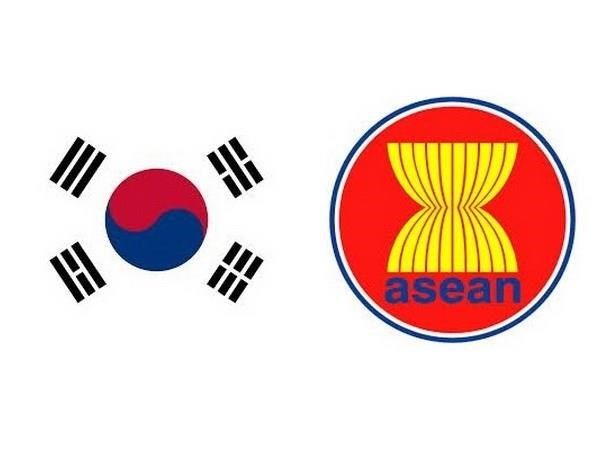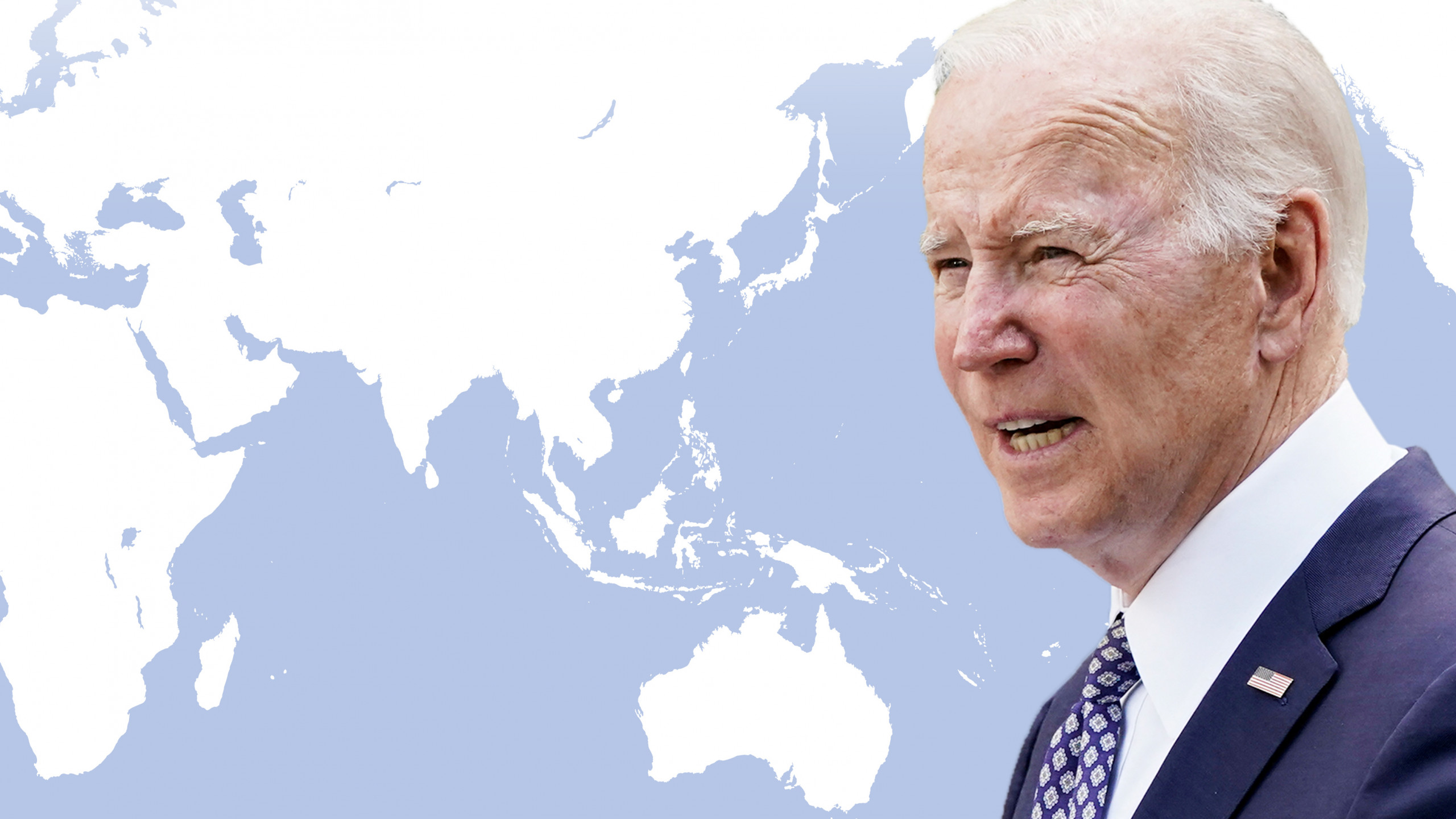A few months before the presidential elections of 2022, Moon Jae-in relaunches trade relations with the ASEAN economies. Amidst economic and diplomatic challenges, Seoul’s government is trying to honour the commitments made at the beginning of its mandate
South Korea inaugurated tatalks to revive trade relations with ASEAN. At the beginning of its mandate, Moon Jae-in’s government was committed to developing the country's diplomatic potential, promoting solidarity and cooperative relations with the Asian neighbourhood. During the last months before the 2022 presidential elections, Moon Jae-in seems to be willing to honour this commitment, as evidenced by recent diplomatic contacts with North Korea and declarations about the desire to update the free trade agreement with ASEAN economies.
The free trade agreement with Southeast Asia was signed in 2007, and today ASEAN is one of South Korea's main trading partners – right after China. Bilateral trade with Beijing amounted to approximately $241.4 billion in 2020 and accounted for 24.6% of the trade between South Korea and the rest of the world. On the other hand, ASEAN has carved out a 14.6%, despite a global health crisis and the recession that followed. From 2006 to 2019, the volume of trade between the parties grew by about 60%, having risen from 61.7 to 151.2 billion dollars, according to the International Trade Center database. When global trade contracted due to the Covid-19 pandemic, the volume of transitions between the two countries dropped to 143.8 billion in 2020. Despite this, ASEAN remains a significant economic partner, of which Vietnam is the major flagship: with 69.1 billion dollars, Hanoi represents 28.4% of the total bilateral trade.
The main vector of trade relations with Southeast Asian countries is the "New Southern Policy", officially launched by Seoul in November 2017. "The Korean government will strongly push its New Southern Policy to achieve decisive progress in its cooperation links with ASEAN, "said President Moon Jae-in, at the Korea-Indonesia Business Forum in 2017," It is my wish that the New Southern Policy can create a community for people, which unites people with people and minds to minds; a peaceful community, contributing to peace throughout Asia; a community of shared prosperity in which the ASEAN countries grow together through mutually beneficial economic cooperation ”. The desire to deepen trade relations with the countries of the region is also part of this renewed cooperative approach with Southeast Asia. South Korea had agreed with ASEAN to further reduce their tariff barriers in 2016, but the update of the free trade agreement then took a back seat to the Regional Comprehensive Economic Partnership (RCEP), which was finally signed at the end of 2020.
Unfortunately for the Korean government, despite efforts to strengthen cooperation, on trade and investment in the ASEAN area, Seoul is still lagging behind Beijing and Taipei. "Amid the intensifying trade friction between the US and China, ASEAN nations have emerged as an alternative market," said Kim Bong-man, head of the international affairs division of the Federation of Korean Industries. "To broaden the nation's trade ties with the ASEAN market, the National Assembly should ratify a series of trade agreements," he continued, "including the comprehensive economic partnership with Indonesia and a bilateral free trade agreement with Cambodia ".
The renewed diplomatic activism of the Korean government – which recently celebrated the possible rapprochement with North Korea, with the restoration of the communication line interrupted a year ago – is also aimed at Southeast Asia. A few months after the end of his mandate, amid the efforts to recover the national economy and the geopolitical challenges posed by the Sino-US tensions, Moon Jae-in seems to want to honour the commitments made at the time of his inauguration. “He is not trying to overcome the challenges alone, but rather the solidarity and cooperation that will make us stronger in overcoming the pandemic. Let us embrace this recognition and strive to make it a reality” the President said in Davos</a last January. The economic diversification projects promoted by Seoul to free itself from excessive economic dependence on Beijing seem to be reconciled with the fervour of post-Covid-19 diplomacy.






